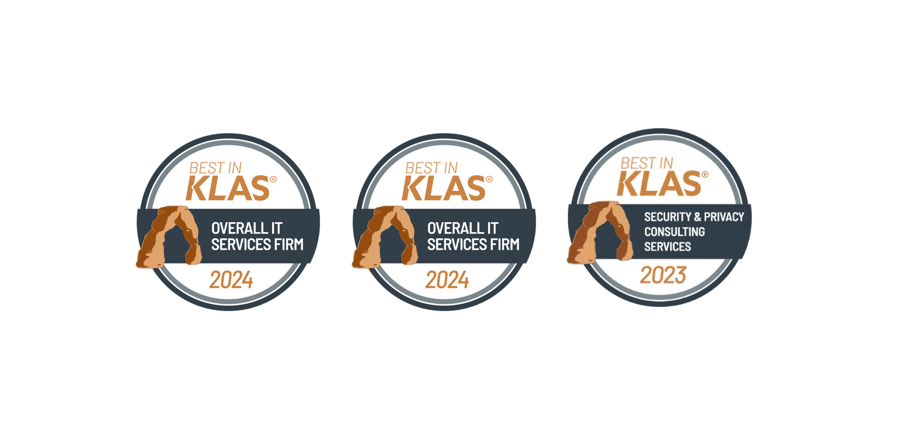Key Considerations When Adopting Emerging Digital Technologies

According to a recent survey published in NEJM Catalyst Innovations in Care Delivery, almost 60% of respondents “say their organizations either are slow to adopt new technologies (25%) or wait until there is sufficient evidence to adopt new technologies (34%).” The authors also found that “while three-quarters of [respondents] believe that emerging digital technologies [such as artificial intelligence and digital chronic disease management tools] will have a positive impact on access to care, fewer than half (49%) believe it will be positive for clinician experience.” Respondents to the survey were “a qualified group of executives, clinical leaders, and clinicians at organizations worldwide who are directly involved in health care delivery.”
Why It Matters:
The tolerance for risk among most hospitals and health systems when adopting emerging digital technologies has always been fairly low (especially when compared to other industries), and the first finding above is a good reminder that largely continues to be the case. When it comes to highly complex technologies like artificial intelligence (AI) and machine learning (ML) in particular, we fully expect cautious attitudes to continue. Reality has started to catch up with the years of hype and unrealistic expectations surrounding how quickly AI and ML can transform health delivery, and there is growing acknowledgement in the industry that while the promise of artificial intelligence and machine learning is undeniable, very real barriers remain (especially with clinical use cases). We also think the finding about concerns over digital technologies having a negative or eroding impact on the clinician experience is worth noting. Dissatisfaction among physicians with the perceived “usability” of enterprise EHRs is well documented, and new digital technologies or tools that don’t optimize workflow, address current frustrations, or somehow improve the overall quality of life for clinicians – specifically from clinicians’ perspective – will simply not gain traction. Any digital adoption needs to be “additive” to the clinician experience including compelling evidence that the technology is consistent with clinical / evidenced-based practices.
This article was originally published in Impact Advisors’ digital newsletter, The Impact Advisor 3Q2021.
























